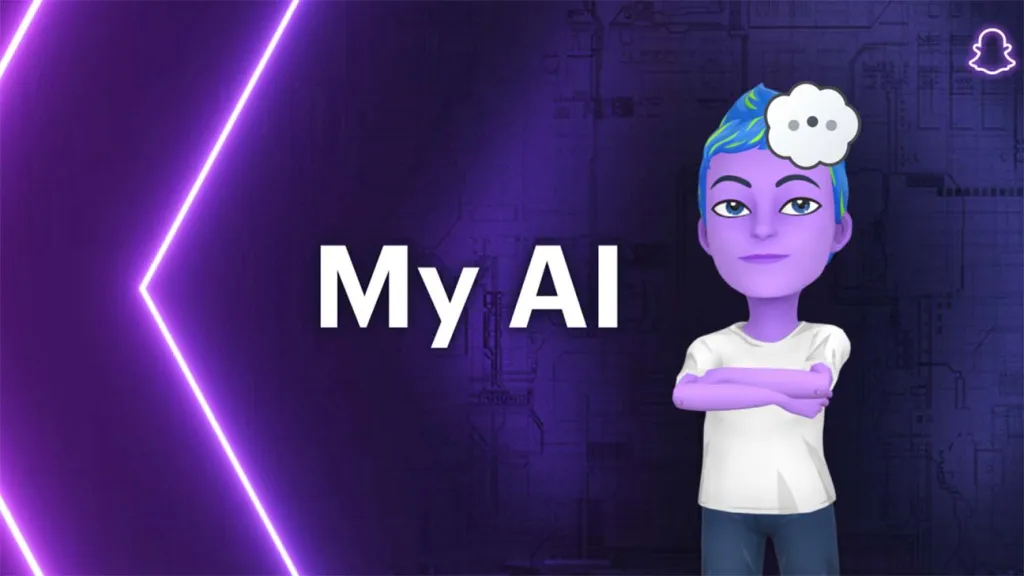According to a recent study by media regulator Ofcom, teenagers and children play a significant role in driving the adoption of Generative Artificial Intelligence (GenAI) in the United Kingdom.
In the latest edition of the quarterly Ofcom Online Nation 2023 report, released in London just after midnight on Tuesday, it is highlighted that “Gen Z driving first adoption.” Generation Z, referring to individuals born between the late 1990s and the early 2010s, is at the forefront of embracing AI technology.
Ofcom’s findings reveal that a substantial majority of online teenagers aged 13 to 17 (79%) are currently utilizing Generative AI tools and services, with even a notable percentage of younger children (40%) engaging with the technology. In contrast, adult internet users aged 16 and above are 31% less likely to use generative AI, with 69% of respondents indicating that they have never used the technology, and 24% admitting to having no understanding of it.
Generative AI, as loosely defined by Ofcom, encompasses algorithms capable of producing new content, spanning text, images, videos, and passwords in response to prompts. This category includes services like ChatGPT, Snapchat My AI, Midjourney or Bing talk, and DALL-E.
Among kids and teenagers in the U.K., Snapchat My AI emerges as the most widely utilized Generative AI tool, with 51% of online individuals aged 7–17 making use of it. Particularly, online adolescent girls constitute the most frequent users at 75%.
On the other hand, ChatGPT, utilized by 23% of internet users aged 16 and above, stands out as the most commonly used Generative AI service. The study indicates that among online children aged 7 to 17, males exhibit higher engagement with ChatGPT compared to females (34% versus 14%).
Ofcom notes that individuals aged 16 and older are gradually familiarizing themselves with this evolving technology. The primary purposes for employing generative AI include leisure activities (58%), work-related tasks (33%), and educational assistance (25%). Common activities involve exploring the capabilities of generative AI, seeking information or content, and obtaining advice. Moreover, generative AI is leveraged for creative pursuits like generating text, poetry or lyrics, images, videos, and audio.
Despite the growing adoption of Generative AI, Ofcom’s research underscores a prevailing concern among many U.K. residents regarding the potential societal impacts of this technology. Notably, 58% express apprehension about its implications, with the younger demographic of online 16–24-year-olds exhibiting the highest level of concern, particularly regarding political ramifications.
Yih-Chung Teh, Ofcom’s team director for strategy and research, emphasizes the rapid integration of new technologies among different age groups, with younger individuals spearheading initial adoption while older users explore the utility of Generative AI for both professional and leisure purposes.
To ensure the responsible advancement of AI technologies while prioritizing user safety, Ofcom is actively engaged in enhancing its understanding of the opportunities and risks associated with emerging technologies. The regulator is collaborating with tech companies to evaluate and mitigate potential health risks posed by new virtual security regulations.
The Ofcom report also highlights key insights from its research, including shifts in online platform preferences, concerns regarding fake social media profiles among minors, and the prevalence of encountering harmful content online, especially among teenagers.






